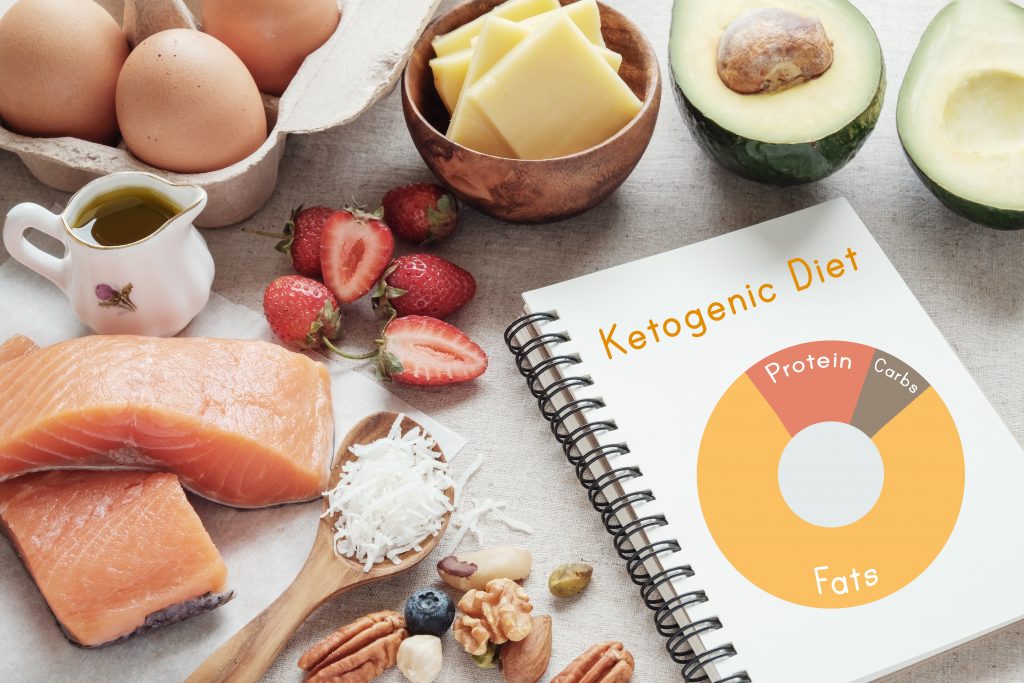Overview
It is not a secret that a correct diet is the key to a long and healthy life. Our bodies require balanced, digestible, and diverse food. The eyes are one of the most complicated human organs. Their health depends on our dietary regime no less than on lifestyle. Here is a list of products that can help to improve eyesight. We recommend you consult with your doctor to correct your diet.
Watch What You Eat
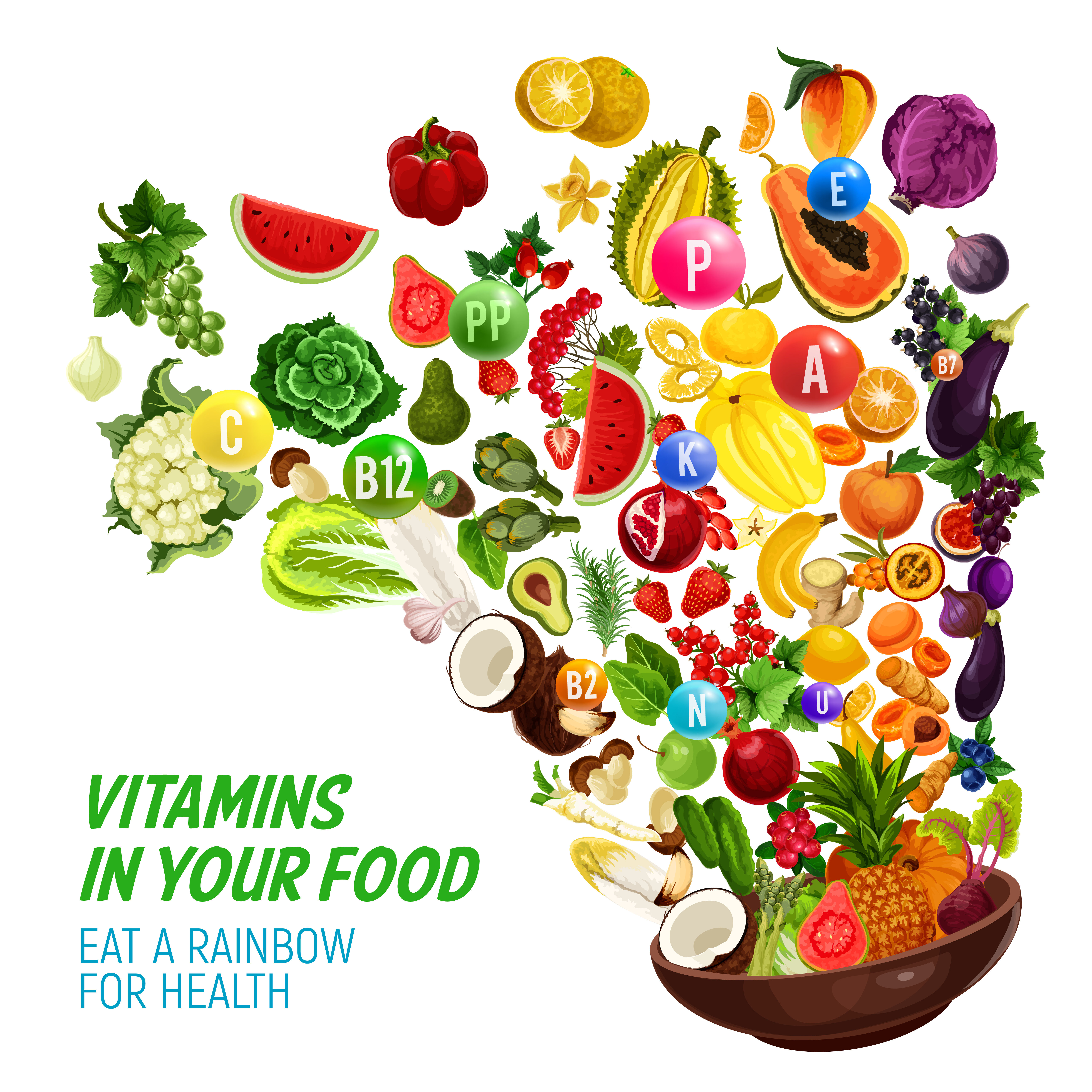
The main nutrients that can help to keep our vision healthy are vitamins A, C, E, D, and B-group; microelements, such as zinc, selenium, etc., and polyunsaturates. Deficiency of any nutrient can cause problems with health. It is the reason to consideringly choose what you eat every day. Fortunately, a lot of tasty and affordable products contain a big variety of nutrients.
Fish
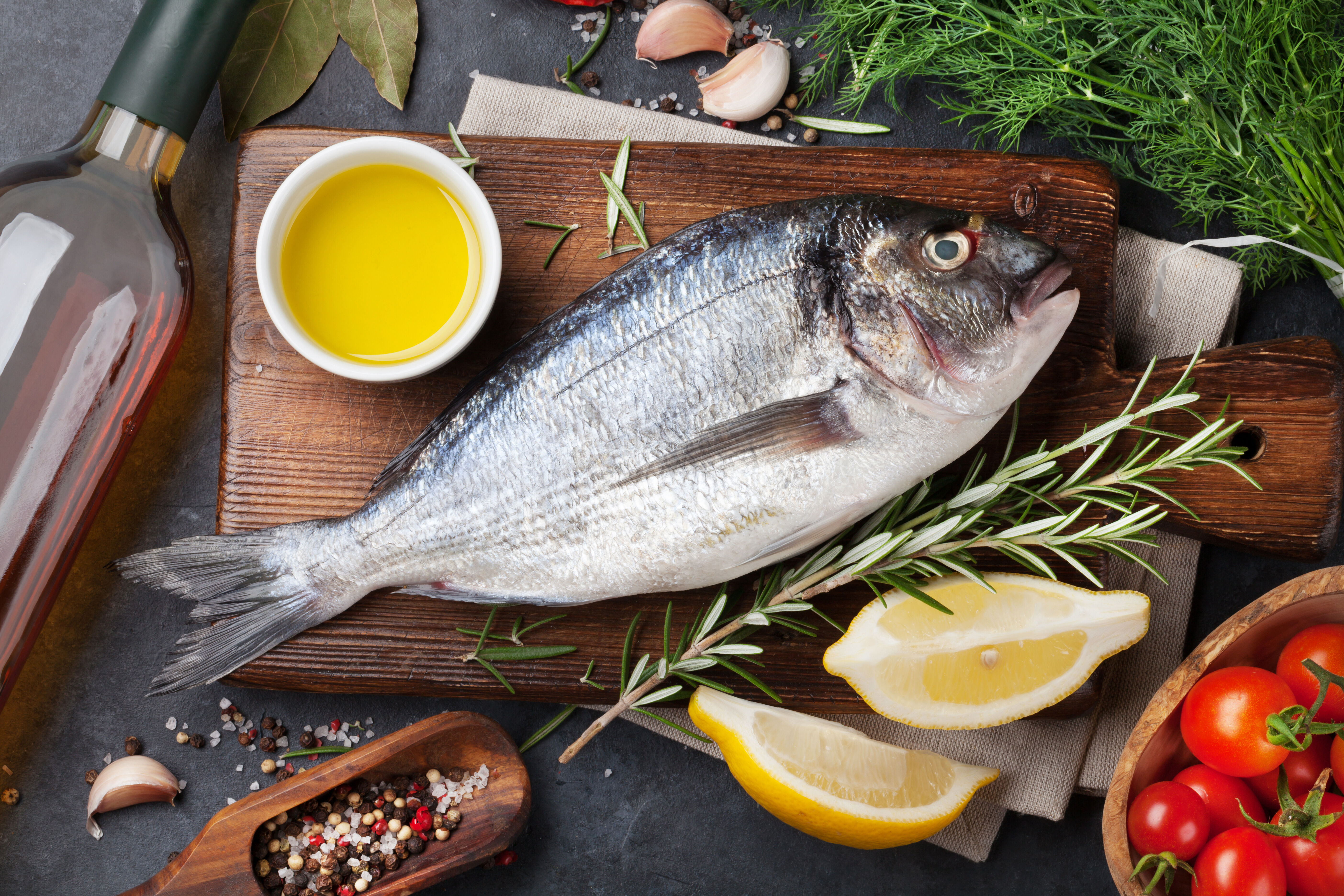
Fish flesh is a nutritionally valuable food. The essential reason to include this product in your daily diet is a high level of fat that contains omega-3 fatty acids and vitamins A and D. Also, fish is a source of vitamin C, B vitamins, and minerals, such as phosphorus, calcium, selenium, zinc, and so on. This variety of nutrients makes fish very useful food for our eyesight. For example, selenium has an antioxidant effect and can delay age-related retinal degeneration. We recommend choosing tuna, salmon, cod liver, sardines, herring, mackerel, and other kinds of oily fish to improve your vision.
Nuts and legumes
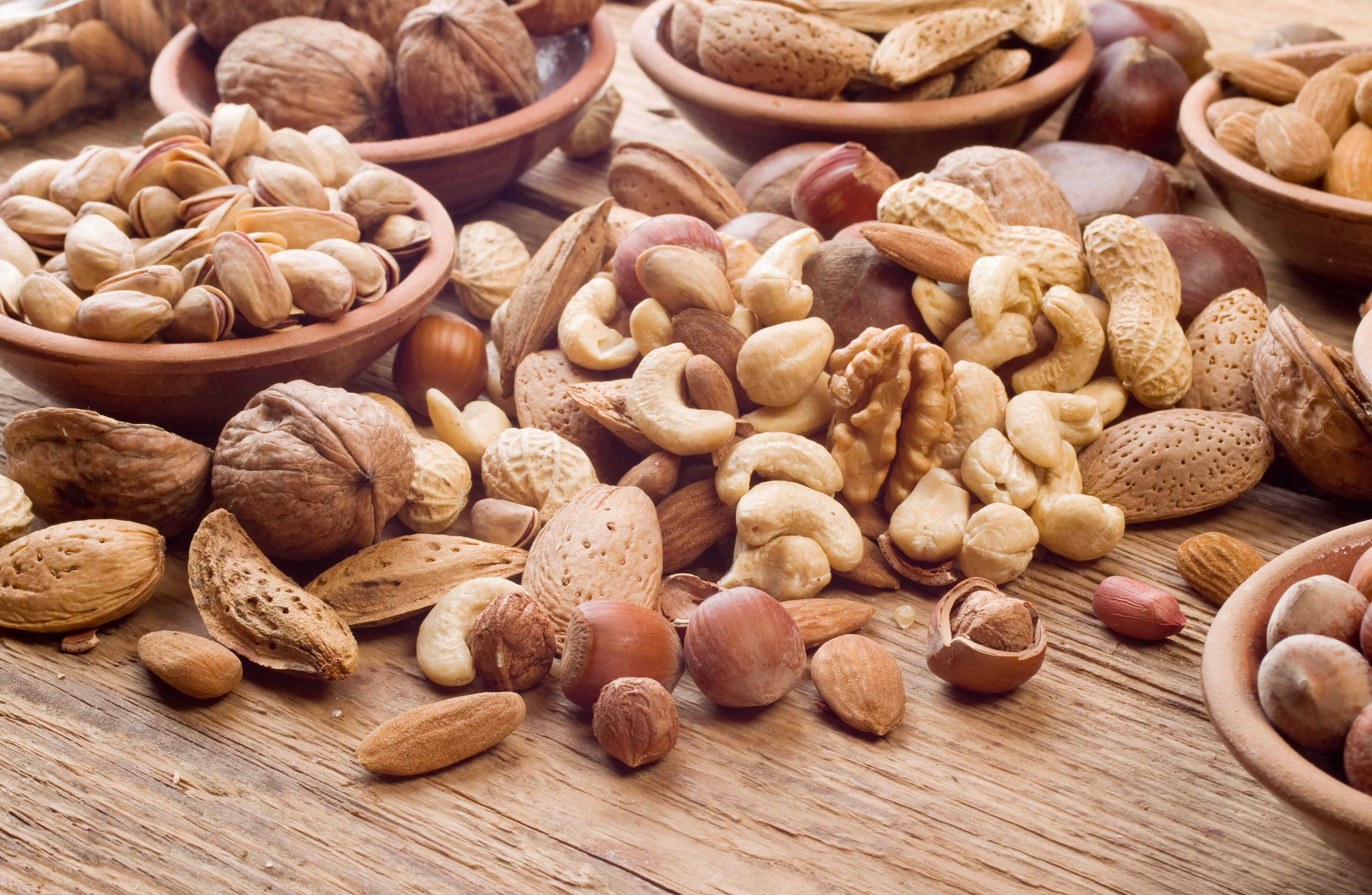
These products should be included in your diet because of the range of nutrients contained there. Nuts such as walnut, macadamia nut, or pecan are very oily (include omega-3), have a high concentration of vitamin E and B vitamins along with microelements: zinc, magnesium, calcium, and others. Zinc is a necessary element for our vision because it is an antioxidant that improves absorption of vitamin A (we will explore its value below).
Legumes are also very important since they contain B vitamins. Add soybeans, peas, lentil, and moong to your diet to increase the levels of these nutrients. It would be hard to overestimate the importance of this vitamin group. For example, vitamin B1, or thiamine, strengthens the tissues of the nervous system, in particular, the visual analyzer. Thiamine influences the functioning of the pupil and provides an optimal level of intraocular pressure. Vitamin B1 deficiency increases the risks of glaucoma development.
Seeds
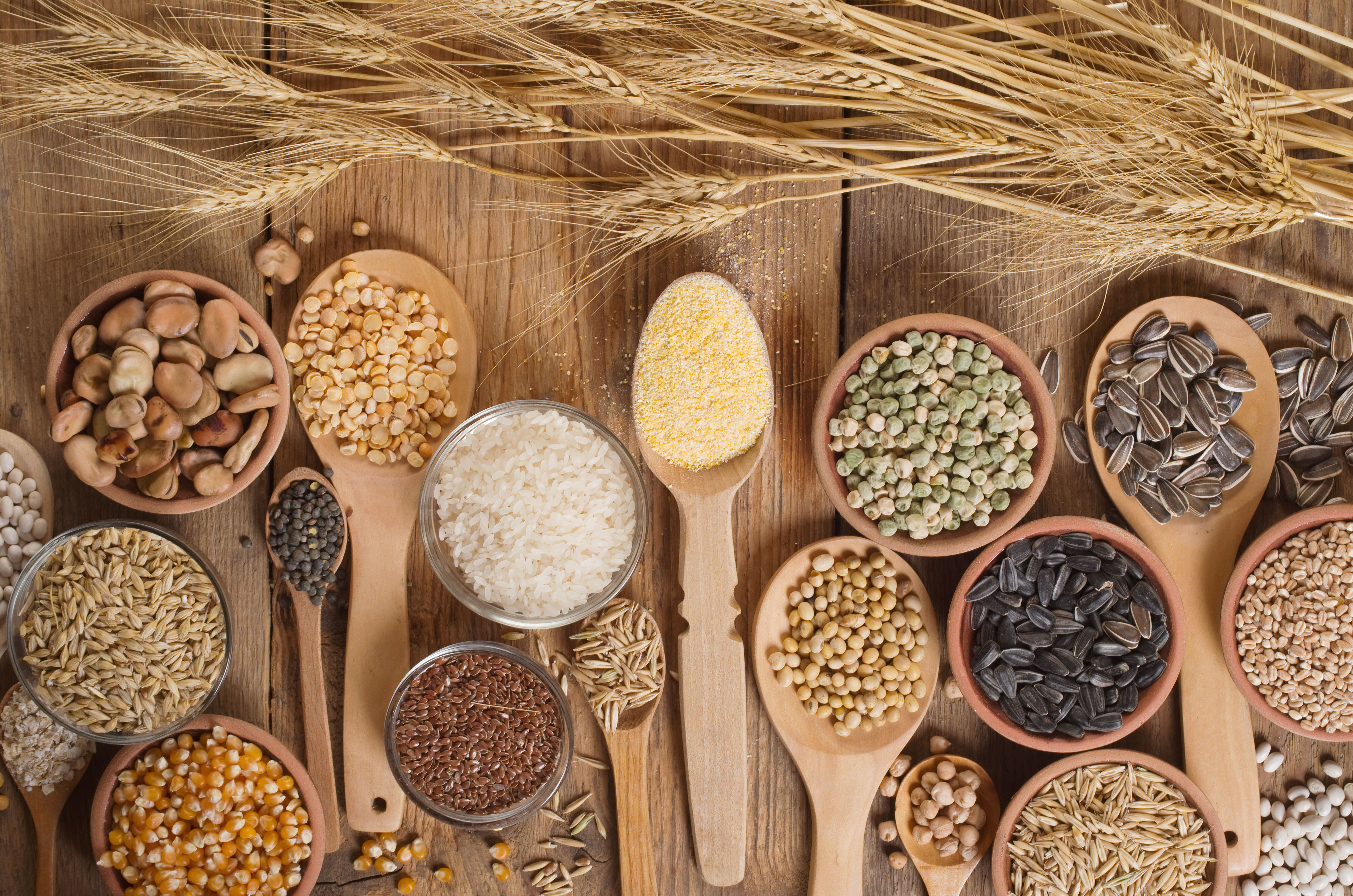
Sunflower, flax, and pumpkin seeds are reservoirs of omega-3, vitamins A, E, D, and B2, calcium, selenium, magnesium, zinc, copper, and other microelements. Copper, specifically, is a vital element of ocular structures, playing a role in the functioning of the retina. Despite the small size, seeds are good foods for vision and health in general.
Citrus fruits

Everybody may have heard that citrus fruits like lemons, oranges, or tangerines are major sources of vitamin C. Also, they contain vitamins B1, B2, D, K, A, P, PP, beta-carotene, and other useful substances. Ascorbic acid maintains normal blood flow to the eyes and safeguards them from excessive UV exposure. Additionally, this vitamin is involved in the metabolism of the junctional zone of the eyes. The risk of developing glaucoma, cataracts, AMD, and other vision problems increases because of this nutrient deficiency.
Leafy green vegetables
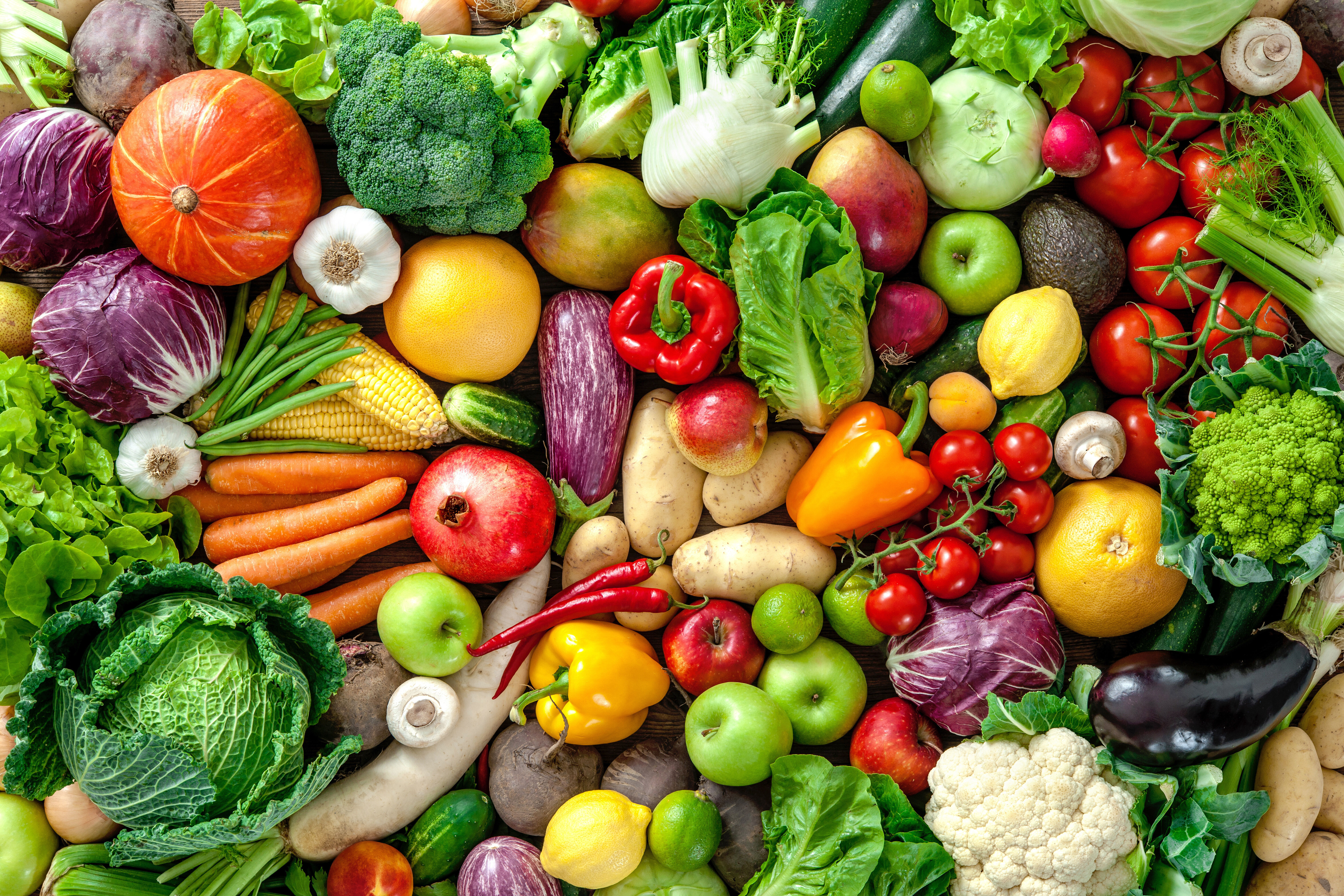
Spinach, parsley, fennel, dill weed, and lettuce help increase levels of vitamins E, D2, B1, and, despite their color, vitamin A and carotenoids. Although the main way to produce vitamin D in the human body is sun exposure, you should add special products or supplements to your diet if you can’t spend enough time under the sun. All forms of this nutrient can help to prevent many diseases like retinoblastoma, age-related macular degeneration, and so on.
Carrots
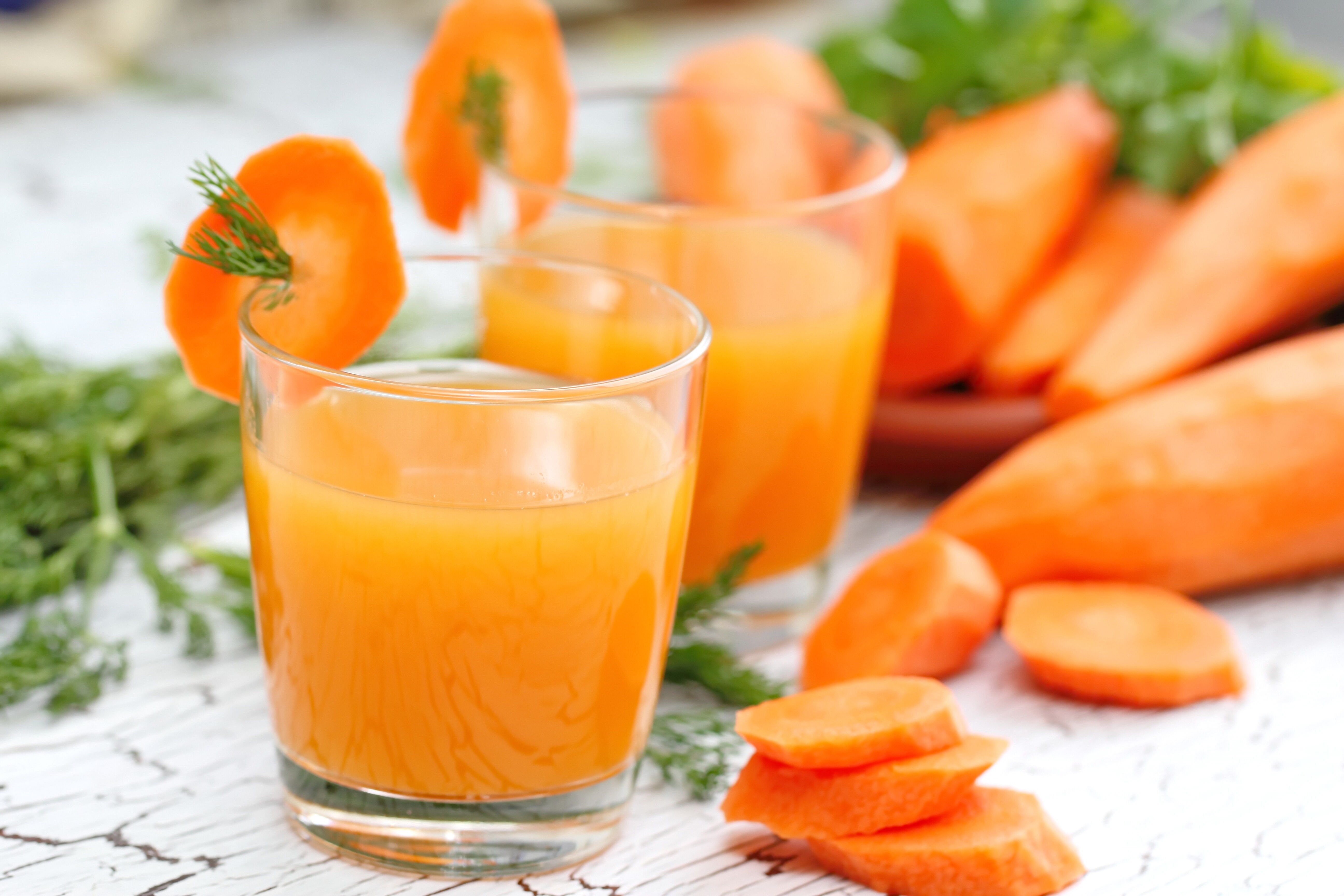
This root crop is, maybe, the most famous product for eye health. It contains various vitamins like PP, A, B1, B2, B5, B6, B9, C, E, H, and K, as well as microelements, such as zinc, calcium, fluorine, selenium, chromium, molybdenum, lithium, aluminum, nickel, iron, magnesium, potassium, phosphorus, chlorine, sulfur, and others. Being an antioxidant, vitamin E secures the eye tissue from active oxygen. It also increases the elasticity and improves the permeability of the capillary vessels, decreasing the risk of hemorrhage. It is a wholesome product for good vision.
Sweet potatoes
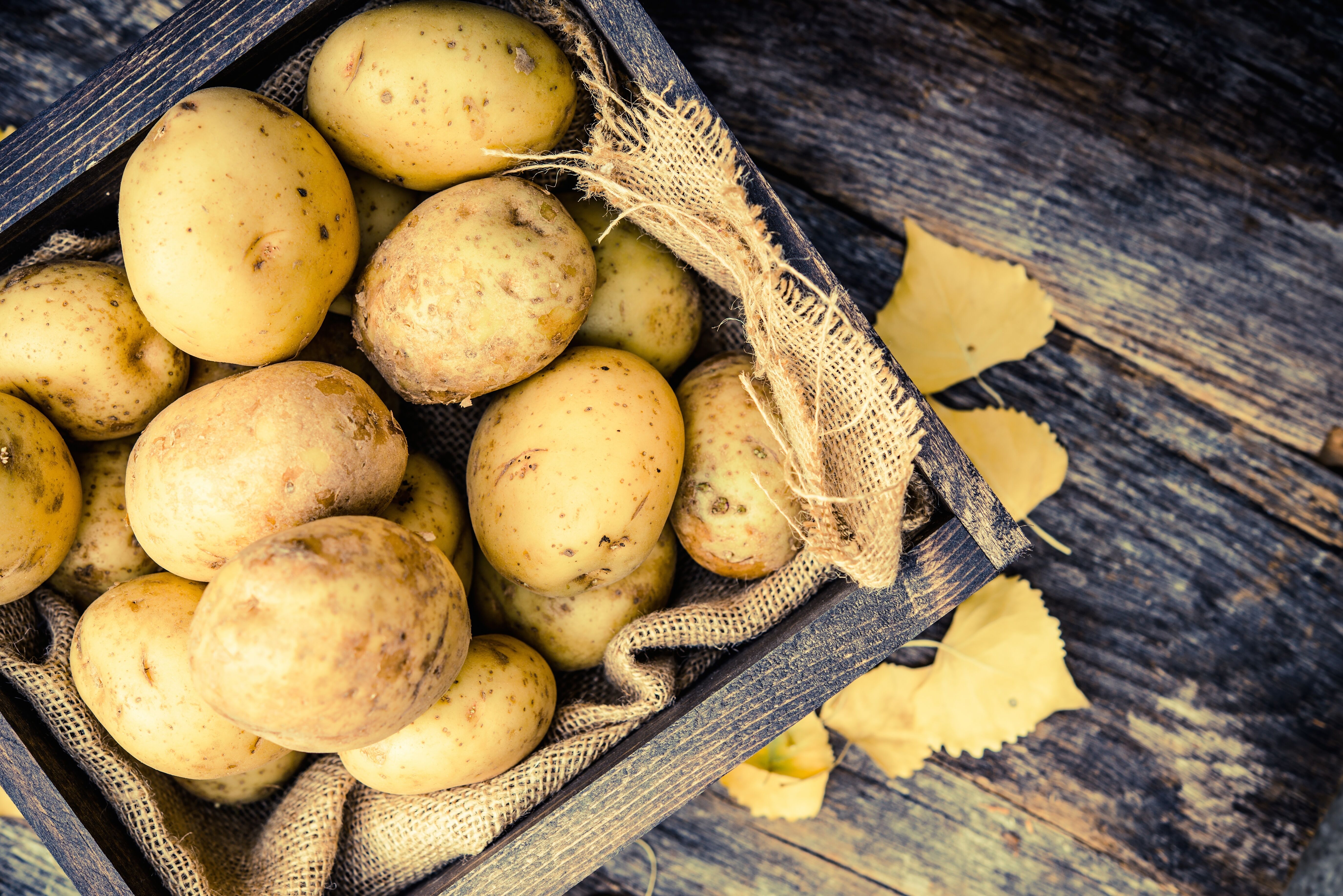
You may not know that batata contains more vitamin A than carrots. Different forms of this agent are necessary for our vision. Retinol assists in the synthesis of the visual pigment rhodopsin and ensures the functioning of the visual analyzer. Carotenoids protect the retina by selectively absorbing blue light and prevent lens clouding. Lack of Vitamin A causes deterioration in twilight vision.
Beef

There are some discussions about red meat and its usefulness for vision. The main argument in its favor is that the intercellular substance and cells themselves, organs, tissues, and, of course, muscles are built from protein. Therefore, protein maintains the correct functioning of our bodies. But beef is not protein only. It contains omega-3 fatty acids, vitamin D3, and zinc. Their roles were described above. Red meat and especially beef is a necessary element of a balanced diet.
Eggs

This product is an outright gift for our vision. It is high in nutrients like selenium, vitamins A, E, B2, and B6, and a huge range of other microelements. The role of B vitamins is critical for maintaining good sight. Vitamin B2, or riboflavin, participates in the work of eye receptors and protects their tissues from short-wave radiation. It also strengthens capillaries and improves the function of the pupil. Vitamin B6, or cyanocobalamin, ensures normal blood circulation in the eyes and stable functioning of the nerve fibers.
Water

Last but not least, water is necessary for vision health because it is the main part of blood, and it helps deliver nutrients to our bodies. Also, water takes part in eyes moisturizing, precluding dry eye syndrome, and has a protective function.
Recommended Daily Intake

Before you decide to add any quantity of any product to your daily ration, we recommend you contact your doctor. The daily intakes of different nutrients intended for healthy adults are described below.
- Vitamin A — 1.5 mg.
- A man needs up to 90 mg of vitamin C, and a woman — up to 75 mg.
- The body’s requirement of vitamin E is 10 mg for an adult man and 8 mg for a woman.
- A daily need for riboflavin is from 1.5 to 3 mg and for vitamin B6 — about 4 mg. Also, an adult man needs from 1.2 to 2.1 mg of thiamine, and a woman — from 1.1 to 1.5 mg.
Warning Signs for Eye Health

Many ocular problems have similar symptoms, which should make you contact a doctor. The most common are:
- red eyes
- dry eyes
- distorted vision
- swelling
- floaters
- flashes
- light sensitivity
If you have any of these problems, please visit an ophthalmologist to prevent serious diseases!



